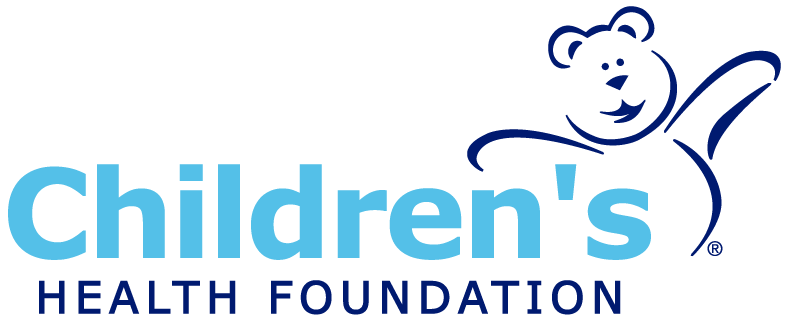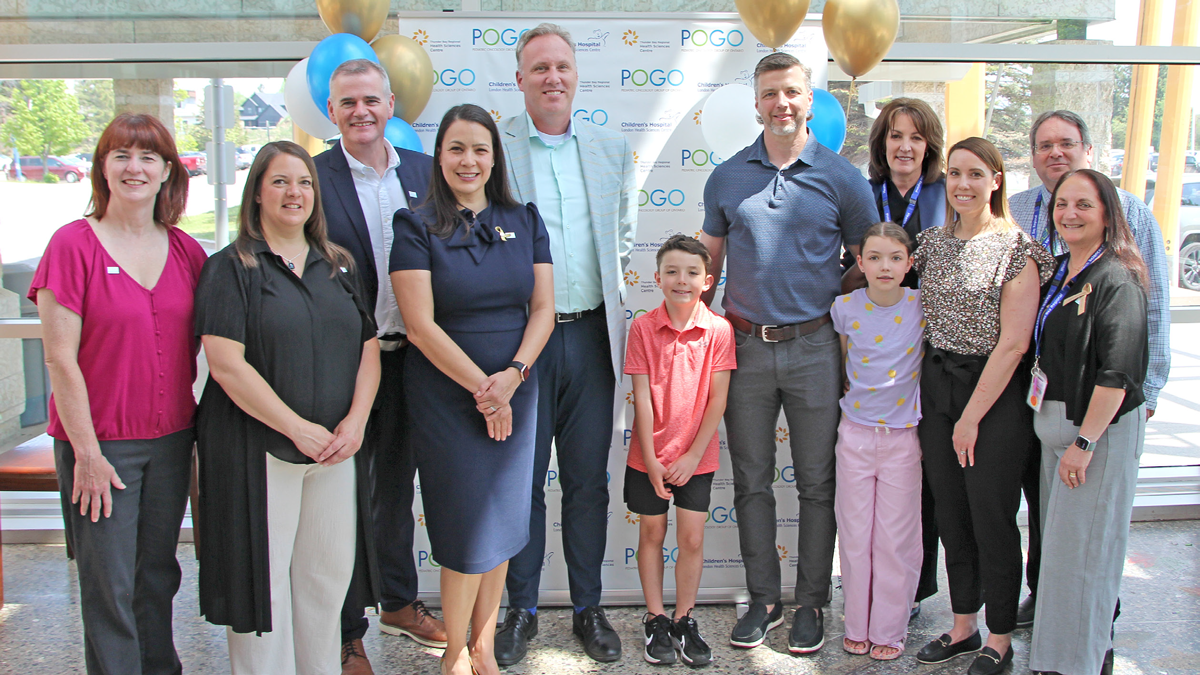Regional Paediatric Oncology Clinics Ease the Burden for Families
When a child is diagnosed with cancer, everything changes. Families are faced with overwhelming decisions, emotional strain, and logistical challenges. But for many families across Ontario, a growing network of Paediatric Oncology Satellite Clinics is making one thing a little easier, it means receiving care close to home.
This innovative model is made possible by the Pediatric Oncology Group of Ontario (POGO), which partners with five major hospitals across the province, including Children’s Hospital at London Health Sciences Centre. Through this collaboration, nine regional satellite clinics have been established in communities such as Windsor, Kitchener/Waterloo, Sudbury, and, most recently, Thunder Bay.
These clinics provide children with access to essential treatments, follow-up appointments, and supportive care without the need to travel long distances. For families, that often means fewer missed school and work days, fewer nights away from home, and a chance to maintain a sense of normal life during an incredibly difficult and scary time.
Valerie Wade is the Satellite Nurse Coordinator at Children’s Hospital. She and the Paediatric oncology team at Children’s Hospital, LHSC, work closely with the staff at these regional sites, helping to ensure that patients receive seamless care that meets the highest standards.
“Just being able to sleep in their own beds and stay surrounded by the people they love makes an incredible difference for these children and their families,” Valerie explains.
“It brings back a sense of comfort and normalcy that is so important.”
Children are still diagnosed and have their treatment plans developed by one of the five specialized centers. But for many eligible patients, aspects of their care — such as certain chemotherapy agents, blood transfusions, supportive care, and lab work can now take place in a community hospital closer to home.
This approach helps reduce strain on the centralized hospitals while allowing children to remain in familiar surroundings.
Each POGO satellite clinic is staffed by professionals who have received specialized training in paediatric oncology. Teams include oncologists, nurse practitioners, certified nurses, pharmacists, and psychosocial experts, all working together to deliver high-quality care. Families are supported not only medically, but also through child life programs, interlink nursing, and counseling services.
“Over the years, the level of support available to our families has really grown,” says Valerie.
“Whether it’s music therapy, art therapy, or simply someone to talk to, we are creating environments where children can still be children
— even while they’re going through treatment.”
Thanks to donor support through Children’s Health Foundation, that care is even stronger.
A generous gift from the Jahnke family has allowed the hospital to fund a two-year temporary pharmacist position dedicated to paediatric oncology, ensuring safe, timely, and personalized medication support for young patients.
Donor support has also enabled the purchase of several CADD infusion pumps, portable machines that deliver medicine continuously and precisely. These pumps are critical to administering a new immunotherapy treatment for B-cell Acute Lymphoblastic Leukemia, the most common childhood cancer. Known as blinatumomab, this treatment is improving cure rates and becoming a global standard.
Children receiving care also benefit from a range of CHF-funded therapeutic programs, including child life specialists, Ollie the therapeutic clown, art and music therapy, and the beloved Smile Room. For children unable to leave the hospital, the Smile Room offers a joyful escape from the hospital setting and a chance to just feel like kids again.
While the satellite clinics themselves are not directly funded by the Foundation, many of the programs, equipment, and supports that enhance the patient experience are made possible through the generosity of our donors.
Valerie’s connection to this work is personal. Having grown up in rural Ontario, she knows firsthand how difficult it can be to access specialized services from a distance.
“I understand the travel, the unfamiliarity, and the worry,” she says.
“These clinics help ease that burden and allow families to stay together while their children receive the care they need.”


